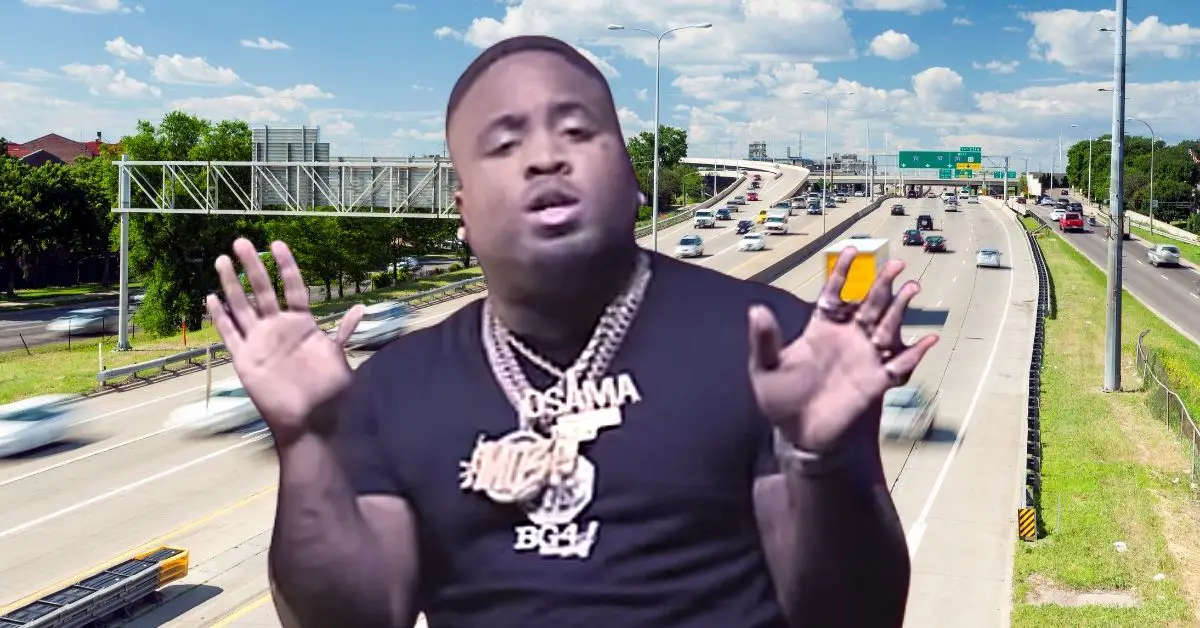The estate of the late Texas rapper Mo3 is locked in a tense legal standoff with recording engineer Ray Gene Bollin.
At the heart of this dispute lies a cache of unreleased vocal tracks, which Bollin allegedly refuses to relinquish, coupled with his audacious attempts to monetize them, according to the lawyer repping Mo3’s estate, R. Buck McKinney.
Mo3 met an untimely demise in November 2020 after being shot and killed on the R.L. Thornton Freeway in Dallas, Texas, in a brazen daylight shooting. A man named Kewon Dontrell White was eventually collared and charged with murder.
Despite his early death, Mo3 left behind a lucrative body of work. His 2013 debut single, “Hold Ya Tongue,” amassed almost 10 million views on YouTube. This success led to the birth of his record label, “H$M Music,” and affiliations with the San Francisco-based record label Empire Distribution.
Ray Gene Bollin, now at the epicenter of the controversy, owns the North Texas digital recording studio Absolut Production Recording Studios.
Mo3 frequently recorded at Bollin’s studio. However, the estate emphasizes that Bollin’s involvement was purely technical, saying that his role during recording sessions was limited to “setting up a microphone and pushing the record button,” all under Mo3’s “specific direction, guidance, and control.”
In October 2020, one month before his death, Mo3 instructed his manager to retrieve all his music files from Absolut Studios. Bollin had initially concurred. But following Mo3’s death, the onus to recover these files shifted to a court-appointed administrator, Daniel L. White, Esq.
The estate portrays Bollin’s posthumous behavior as evasive and opportunistic.
While he initially conveyed sympathy and assured the family of returning the music files, he soon became elusive. When he did resurface, he changed his tune, asserting he would only release the files to the estate’s administrator.
Mo3’s mother, Nichole Noble, says Bollin had the nerve to send her a Mother’s Day text to which she replied: “If you want to [make] me happy please give me my son’s music. I am having to go through too much as is.”
McKinney said Bollin’s response was cold and calculated: “Peace Nichole. I would like to give you the files, however there is some unfinished business,” the lawyer explained.
Bollin’s audacity became even more evident when he approached Empire with a proposal to “sell” a series of unreleased Mo3 recordings.
Initially claiming unpaid studio fees of $10,000 to $20,000, Bollin’s demands soon ballooned. He sought over $600,000 in “licensing fees” for previously released songs, a 25% royalty interest, and other compensations.
The estate’s perspective is unequivocal. They view Bollin as an “opportunistic interloper,” aiming for a multi-million-dollar windfall from recordings that are integral to Mo3’s legacy.

